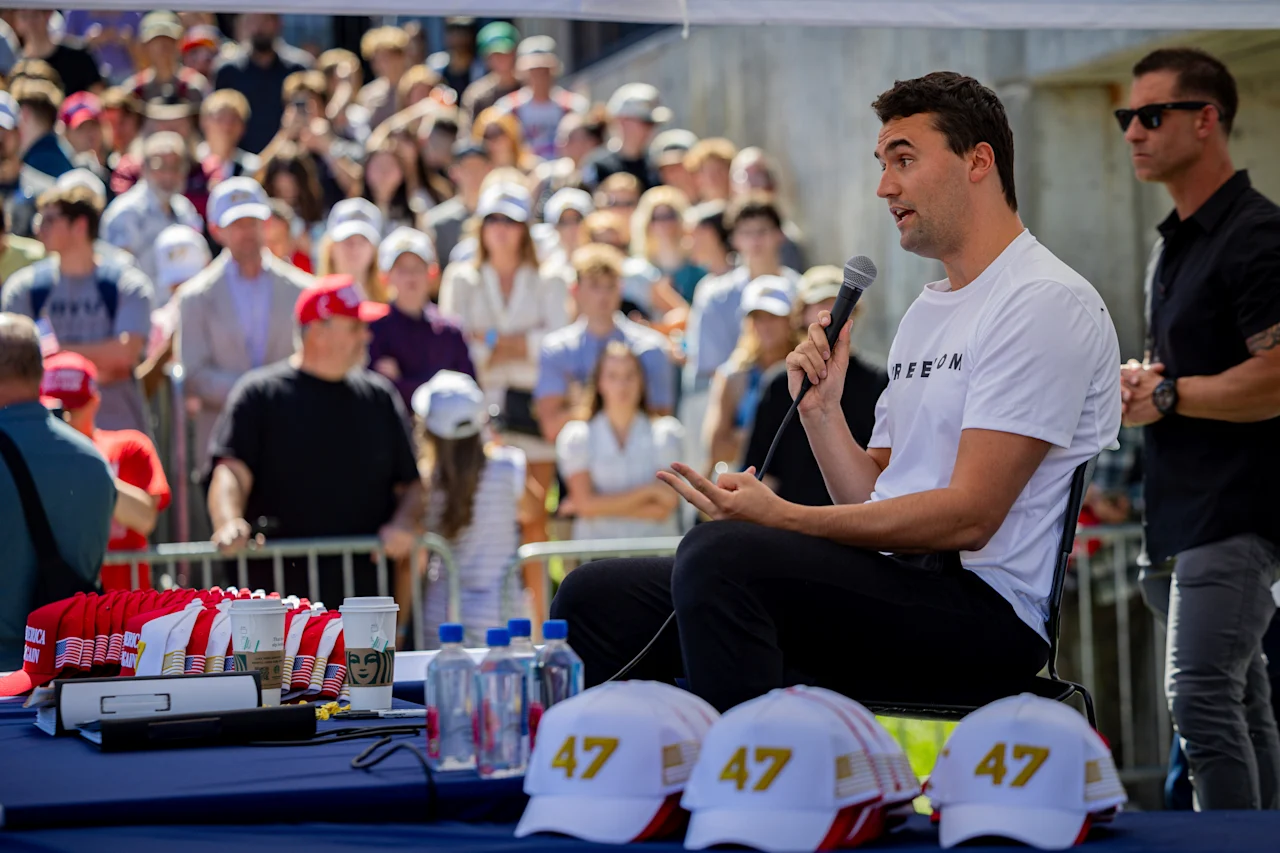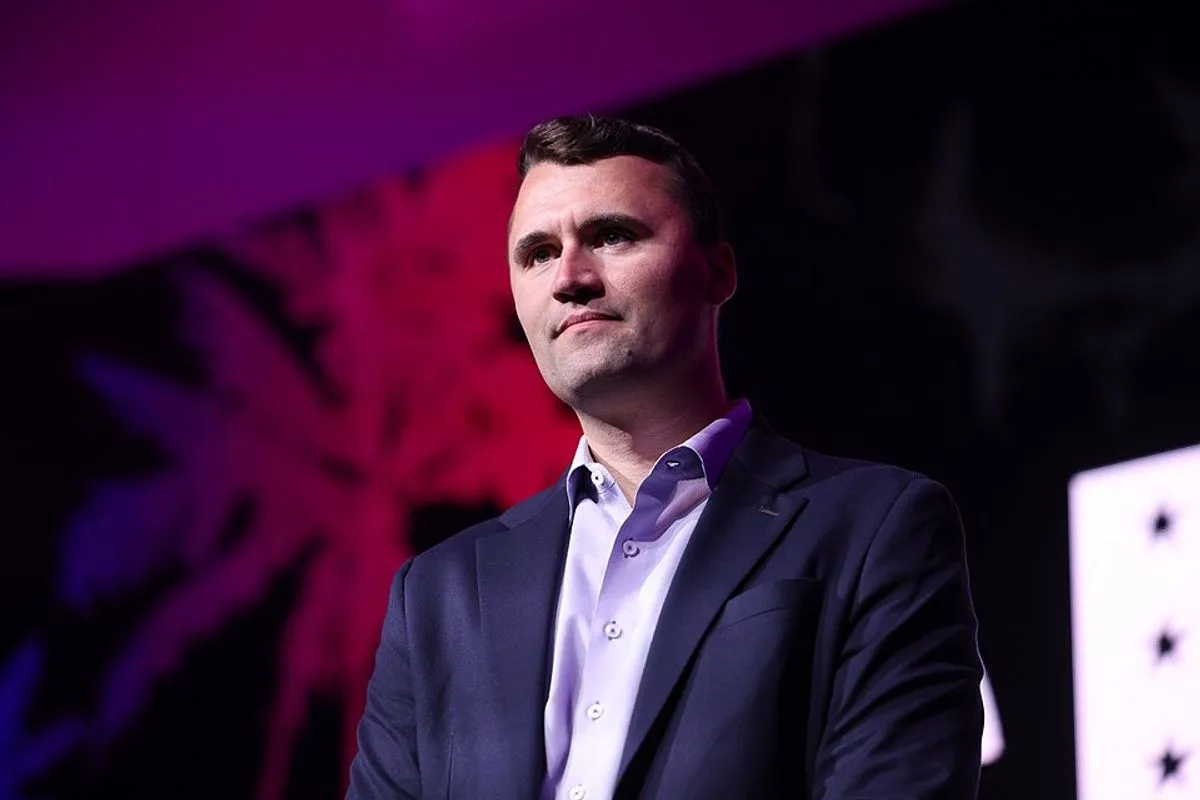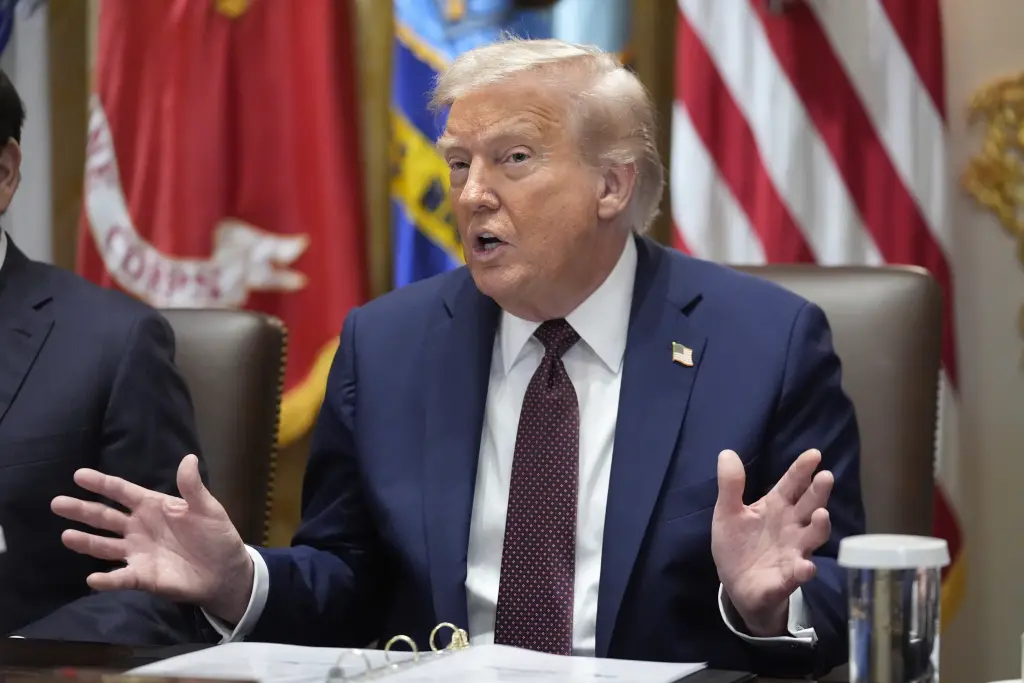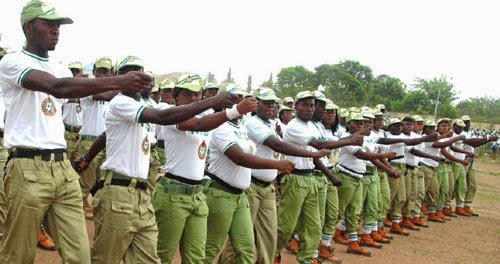
As Nigeria approaches the 2027 elections, the media spotlight is already fixed on well-known figures like Bola Tinubu, Atiku Abubakar, and Peter Obi. Yet political dynamics in this country are seldom decided at center stage alone. Often, the most decisive roles are played by lesser-known or quieter leaders who build influence behind the scenes.
Here are three Nigerian politicians whom many are not talking about — but should be. Their growing profile, performance, and strategic positioning make them potential kingmakers or even presidential contenders if certain conditions align.
1. Governor Babagana Zulum (Borno State) — The Performance Politician
Why He Matters
Babagana Zulum has earned widespread recognition for his hands-on leadership in Borno State, especially in confronting humanitarian crises, insurgency recovery, and infrastructure challenges. He has shown that in a region afflicted by violence and dislocation, leadership grounded in action rather than rhetoric can win credibility.
Citizens inside and outside Borno respect him. His efforts to rebuild schools, rehabilitate displaced persons, and maintain relative stability have helped him develop a cross-ethnic and cross-party appeal—something rare in Nigerian politics.
Potential Role in 2027
-
APC Asset: If he stays aligned with or within the folds of the All Progressives Congress (APC), his reputation can give the party a performance-based anchor, especially in the North or among voters frustrated with insecurity.
-
Vice-Presidential Strong Contender: In a fractured field, Zulum could be selected as VP to balance tickets — especially if the presidential candidate lacks both performance credentials or regional appeal in the North.
-
Dark Horse Presidential Hope: If the major contenders split the vote heavily, Zulum’s advantage might become more visible. With a strong campaign and coalition, he could emerge as a late entrant who surprises many.
2. Governor Chukwuma Soludo (Anambra State) — The Intellectual Economist
Why He Matters
Chukwuma Soludo, former governor of Anambra State and one-time head of the Central Bank of Nigeria, occupies a different niche. He represents those Nigerians who are weary of populism and want technocratic, policy-oriented leadership. His training and track record in economic policy, plus his reforms in Anambra, make him a credible voice on economic transformation.
Though some of his policies have faced resistance, Soludo has built a persona of seriousness, planning, and accountability—qualities often scarce in parts of Nigerian political culture.
Potential Role in 2027
-
Key Ministerial / Policy Role: Even if he doesn’t run for the presidency or is unlikely to win it, Soludo could be a valuable asset as a Finance Minister or in roles involving economic strategy. His expertise may be leveraged by any administration serious about turning the economy around.
-
Consensus Candidate: In situations where major parties fail to produce a clear front-runner, intellectuals with technocratic credibility are often called upon as compromise or consensus candidates. Soludo’s chance in such a scenario depends on how fractured the opposition becomes.
-
APGA Leverage: Within APGA (his party), Soludo’s performance as governor boosts the party’s credibility, potentially allowing him to bargain for influence at national level or secure powerful alliances.
3. Senator Abdul Ningi (Bauchi Central) — The Northern Consensus Builder
Why He Matters
Abdul Ningi has quietly built political capital over years, especially in the North. As a former Majority Leader in the Senate, he has the legislative experience, networks, and party relationships that many front-line politicians often lack. His skills lie less in flashy promises and more in building consensus, navigating party politics, and holding influence among Northern blocs.
In a country where regional, ethnic, and religious balancing matters deeply, a figure who can bridge gaps quietly is valuable.
Potential Role in 2027
-
Power Broker: More than being a presidential candidate, Ningi could be the one who helps rally Northern votes behind another candidate or leads a coalition. His endorsement may become critical.
-
Party Strategist / Kingmaker: Inside the Peoples Democratic Party (PDP) or in any coalition, someone like Ningi can help manage internal tensions, sell policies, and be a unifier.
-
Running Mate or Coalition Partner: Though he likely will not run for president himself, political actors may see him as a VP or influential coalition partner, especially to firm up Northern support in multi-party alignments.
Broader Context: Why These Figures Matter More Than Ever
Several factors make these “shadow contenders” increasingly important:
-
Voter Frustration with “Status Quo” Leaders
Many Nigerians are tired of the repetitive cycle of failed promises. When a politician demonstrates competence—whether in security, economy, or governance—it resonates strongly. -
Regional Balancing and Ethnic Politics
Nigeria’s political structure rewards careful balancing of regions, religion, and ethnicity. These three figures each offer different regional strengths (Northern, Southeastern, etc.), which may make them attractive for inclusion in tickets or alliances. -
Desire for Credible Alternatives
As inflation, insecurity, and other crises mount, citizens look for people who can actually show deliverables. Zulum’s performance in Borno, Soludo’s economic credentials, Ningi’s legislative and consensus credentials are all vectors of credibility. -
Fragmented Political Landscape
With multiple parties, defections, and alliances shifting, the field in 2027 may be more open than assumed. Opportunities may emerge for those who are ready and credible rather than just famous.
Challenges They Face
While their rise is promising, each of them has considerable obstacles to overcome:
-
Visibility & National Reach: Being respected in one region or state does not automatically translate to national votes. They need strong, wide networks and media presence.
-
Party Politics & Loyalty: Internal party dynamics, power brokers, and traditional elites often resist change. For example, leveraging power inside APC or PDP is tough without strong alliances.
-
Funding & Campaign Machinery: Running or influencing a national campaign requires huge resources. These politicians may need to raise funds, manage logistics, and maintain discipline in their structures.
-
Voter Perception & Trust: Nigerians may like the idea of a performance or technocratic approach, but they also vote with more emotional, identity, or safety concerns. Transforming positive regional reputation into national trust is not trivial.
-
Policy Record & Public Messaging: Soludo, Zulum, Ningi will need to ensure their performance doesn’t just stay in the administrative or bureaucratic realm but visible—on infrastructure, human welfare, communication. Missteps in public messaging can undo gains.
What to Watch in the Coming Months
To see how strong their positions truly are, keep an eye on:
-
Alliances and Endorsements: If any of these three attract endorsements from other states, parties, traditional rulers, civil society, or high-profile politicians, that’s a strong signal.
-
Media Presence & National Coverage: How often they are in national media (not just regional) speaking on national issues like economy, insecurity, foreign policy.
-
Policy Performance in Their States / Senatorial Districts: For example, does Borno continue improving? Does Anambra under Soludo make strides in economic transformation? Does Ningi navigate significant legislation or consensus building?
-
Public Opinion Polls: Once polls begin to register 2027 prospects, how do these three fare among general populace vs elite circles?
-
Response to Crises: How well do they handle unexpected problems (security issues, economic shocks, political scandals). Performance under pressure often shapes public opinion faster than steady progress.
Conclusion: Quiet Power May Be Decisive in 2027
While the headline names will always dominate early narratives in Nigerian elections, politics is a long game. The people who shape outcomes are not always those with the most noise—they are often those with credibility, consistency, and strategic networks.
Babagana Zulum, Chukwuma Soludo, and Abdul Ningi are not guaranteed to win the presidency in 2027. But they matter. They may influence who gets there, how campaigns are run, and whether Nigerians believe in alternatives beyond rhetoric.
In the end, watching the quiet ones may tell us more about 2027 than following only the loudest.




















